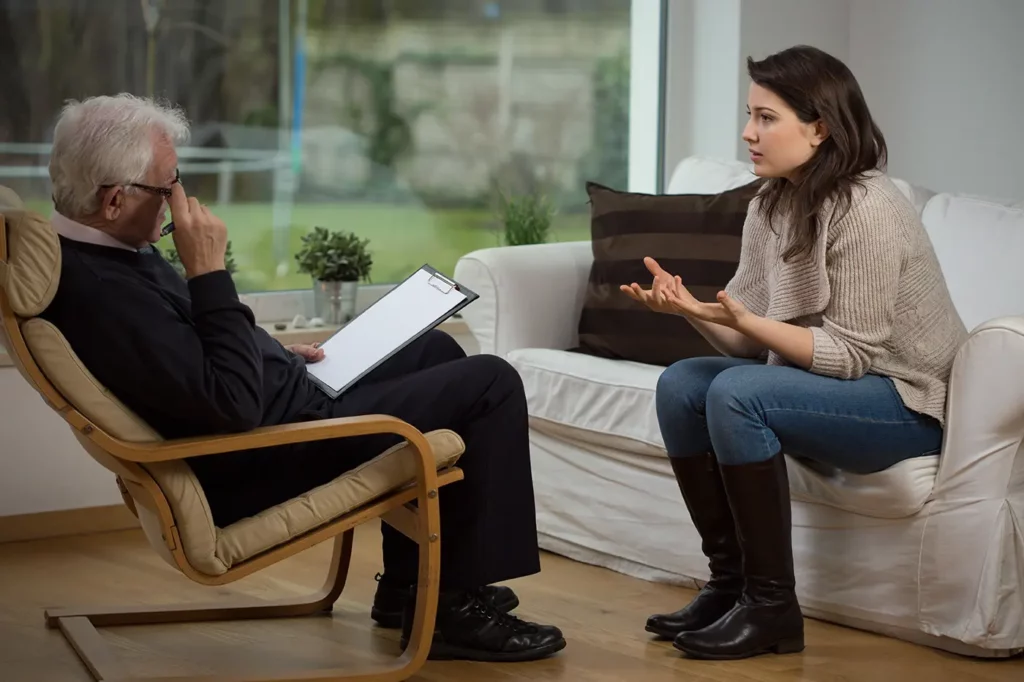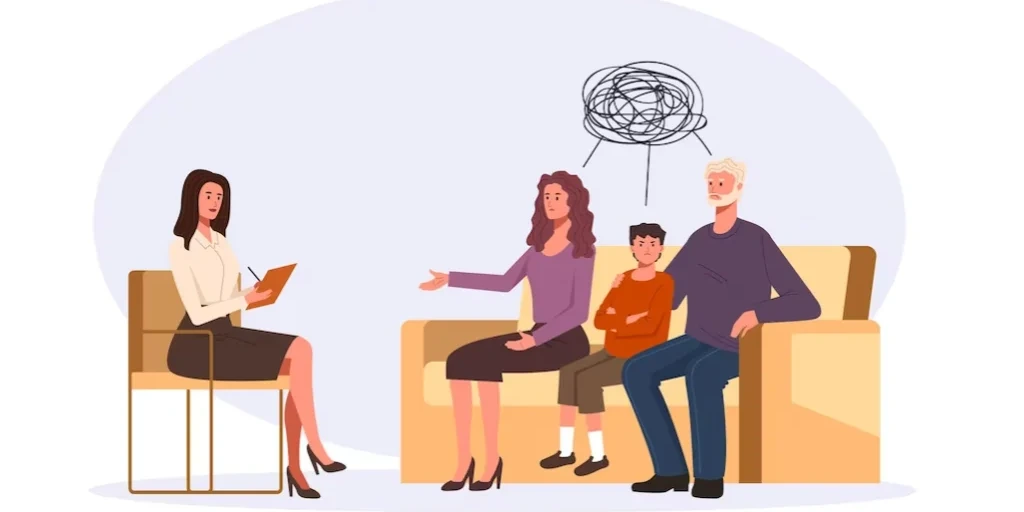24/7 Helpline:
(866) 899-111424/7 Helpline:
(866) 899-1114
Learn more about Ecstasy Rehab centers in Marion
Ecstasy Rehab in Other Cities
































SUWS of the Carolinas
SUWS of the Carolinas offers residential treatment for individuals with alcohol and/or substance add...

Recovery Ventures Corporation
Located in Old Fort, North Carolina, Recovery Ventures Corporation provides alcohol and drug rehab s...








Other Insurance Options

Premera

GEHA

Kaiser Permanente

Magellan

CareSource

AllWell

State Farm

Oxford

Lucent

Access to Recovery (ATR) Voucher

Excellus

Health Choice

MVP Healthcare

ComPsych

Self-pay options

Anthem

Absolute Total Care

Health Partners

Ceridian

Ambetter